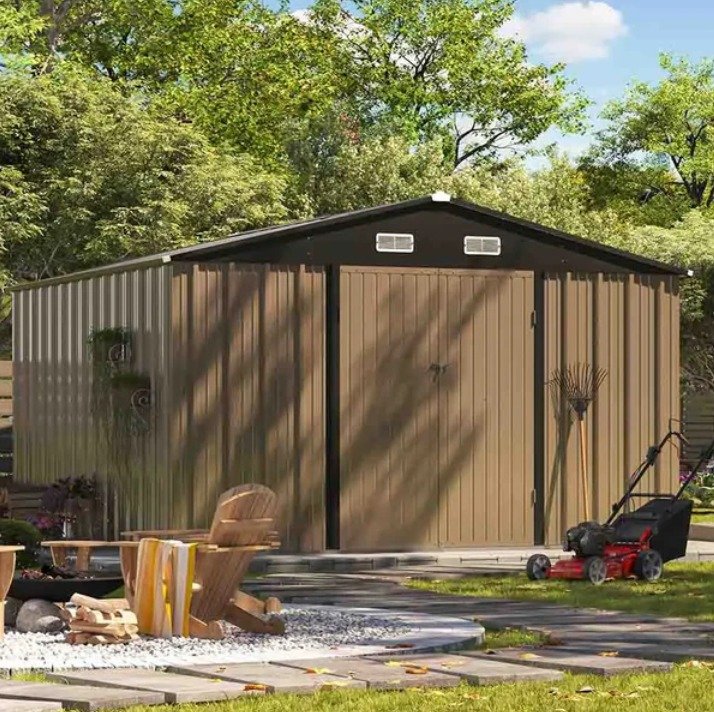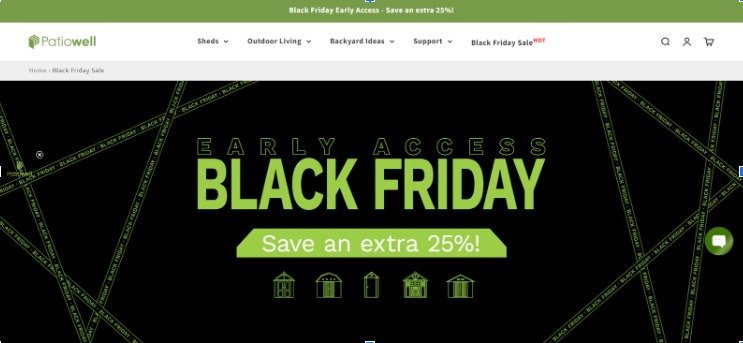If you’ve ever dreamed of simplifying your life or creating a cozy, minimalist living space in your backyard, the idea of living in a shed might sound appealing. Modern sheds are versatile, durable, and stylish—offering the potential to serve as tiny homes, offices, or guest houses. But before you move in, there’s one important question to consider: Can you legally live in your shed?
Understanding Zoning and Building Codes
The legality of living in a shed depends largely on your local zoning laws and building codes. These regulations vary by city, county, and state, determining what can and cannot be used as a residential structure on a property. In most areas, sheds are classified as non-habitable accessory buildings, meaning they are meant for storage, workshops, or garden tools—not as permanent living spaces.
However, some jurisdictions are becoming more flexible, especially with the rise of tiny homes and accessory dwelling units (ADUs). If your local building department allows it, you may be able to convert a shed into a livable structure—but it will require meeting residential safety standards, including:
- Insulation and heating
- Electrical wiring and plumbing
- Foundation and anchoring
- Egress windows or doors
- Compliance with minimum square footage
Always check with your local building authority before making any modifications or moving into a shed.
Choosing the Right Shed for Conversion
If you’re considering creating a livable space, the type of shed you choose matters. High-quality, durable sheds—like those offered by Patiowell—are built with longevity and weather resistance in mind. For example, the patiowell 10×10 shed provides ample room for creative customization. With its sturdy construction and rust-resistant materials, it can serve as an excellent foundation for a small guest suite, art studio, or retreat.
Alternatively, a metal storage shed from Patiowell is ideal for those prioritizing durability and low maintenance. These sheds are designed to withstand harsh outdoor conditions, offering excellent protection from moisture, pests, and UV exposure. With the right insulation and ventilation upgrades, a metal shed can be transformed into a functional and comfortable space.

Legal Ways to Use a Shed for Living
Even if your city doesn’t allow full-time residence in a shed, there are still several legal ways to use it that come close:
Guest House or ADU: Some municipalities allow homeowners to add an accessory dwelling unit for guests or rental income. Converting a patiowell 10×10 shed into a guest house could be an affordable way to expand your living space legally.
Home Office or Studio: If zoning laws restrict living in your shed, you can still use it as a workspace or creative retreat.
Seasonal Cabin: In rural areas or private properties, using a metal storage shed as a weekend cabin may be permissible.
Always ensure you obtain the necessary permits and inspections to keep your project compliant.
Why Choose Patiowell?
Patiowell is known for combining functionality with modern design. Their sheds are not just storage solutions—they’re the perfect starting point for backyard projects. Whether you’re creating a peaceful garden hideaway or exploring the possibility of minimalist living, Patiowell’s range of products gives you flexibility, style, and quality assurance.
Final Thoughts
Living in a shed can be an exciting step toward a simpler, more sustainable lifestyle—but it must be done legally and safely. Before converting a patiowell 10×10 shed or a metal storage shed, consult your local authorities and plan your project carefully. With the right design, materials, and compliance, your dream of turning a backyard structure into a comfortable living space can become a reality.













Leave a Reply